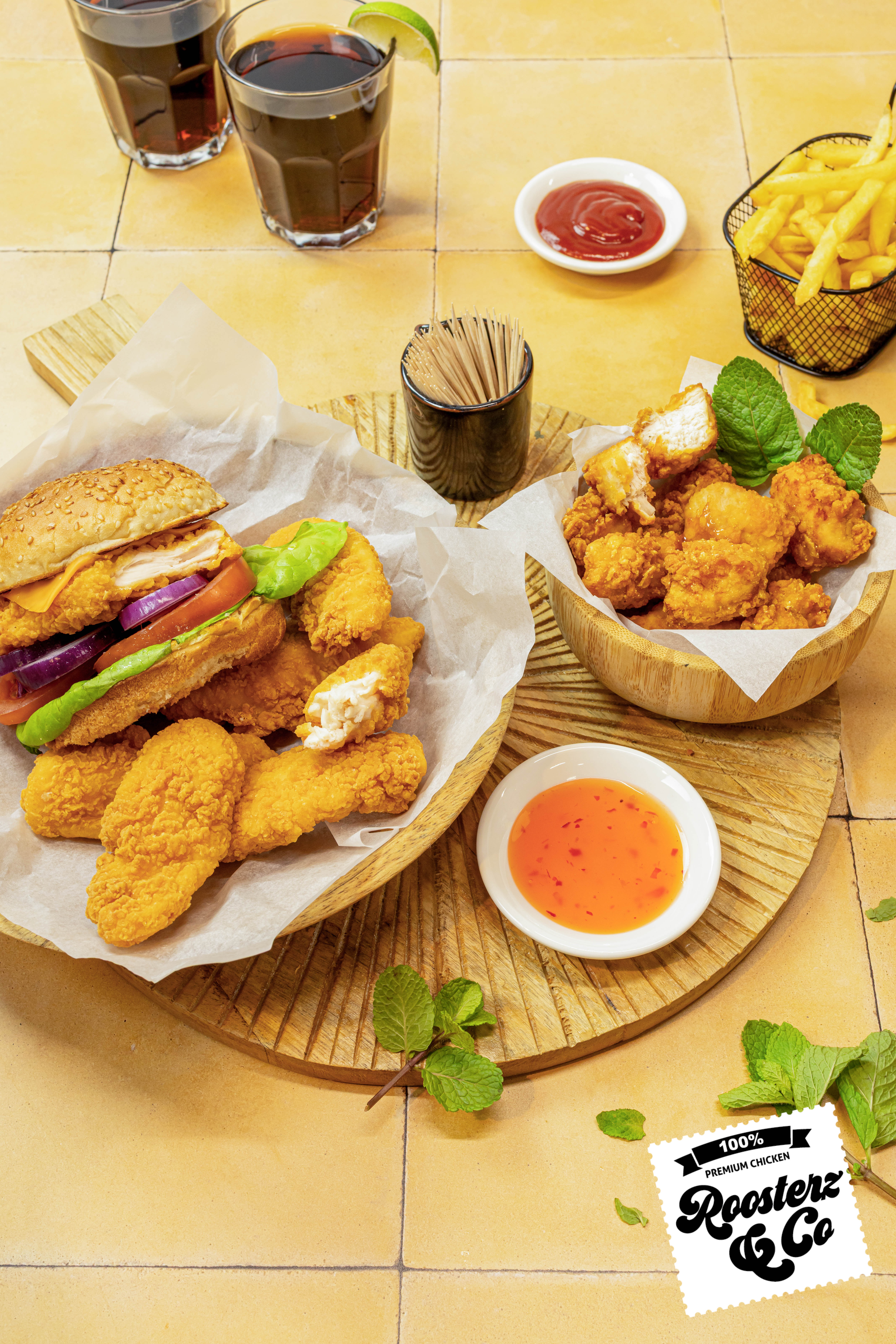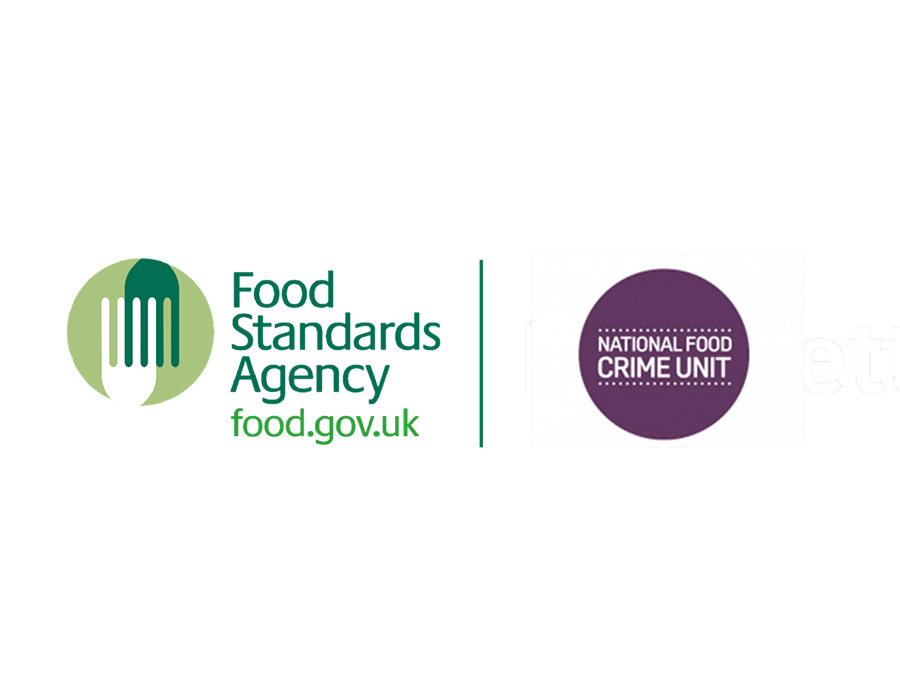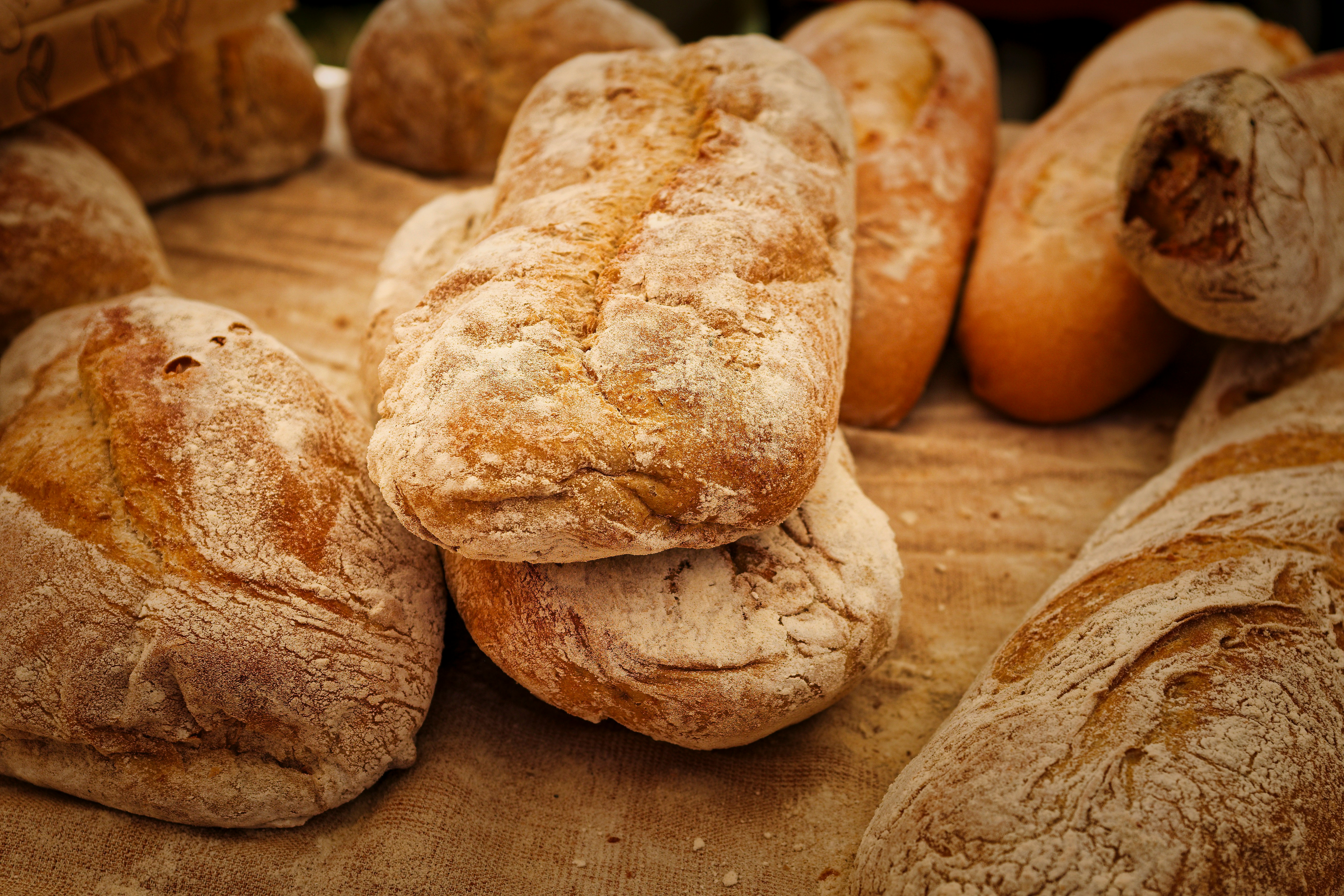ROOSTERSZ&CO LAUNCHES HOMESTYLE CHICKEN COLLECTION FOR FOODSERVICE: CONVENIENCE, FLAVOUR AND QUALITY IN ONE
Roosterz&Co, the brand by Jan Zandbergen “Innovation that matters”, is launching a brand-new range of frozen chicken products for professional kitchens.
With the introduction of the Homestyle Chicken collection, Roosterz&Co sets a new standard within the existing chicken category. The highlight is an innovative coating: crispy, golden-brown and artisanal in appearance, with a surprisingly natural bite. This new breading technology combines the experience of freshly breaded chicken with the reliability of a consistent frozen product. Just what modern kitchens demand!
The Homestyle Chicken collection is designed for chefs who expect more from their ingredients: exceptional taste, texture and presentation, without compromising on speed or efficiency. All products are pre-cooked, hand-cut and ready-to-(H)eat. Crispy on the outside, juicy on the inside and fully foodservice-ready.
“Whatever your kitchen demands, our products fit seamlessly into your workflow. No adjustment needed: just unpack, prepare and serve.”
- Matthijs Nieuwkoop, Product Development Manager
One collection, endless possibilities
The new Homestyle line includes the Homestyle Burger, Homestyle Burger Hot&Spicy, Homestyle Tenders, Homestyle Tenders Hot&Spicy, Homestyle Nuggets and Homestyle Fingers.
These products are perfectly suited for a wide range of concepts, from street food and lunch specials to sharing platters and comfort food. Thanks to the IQF-freezing method, each piece is frozen separately and easy to portion. Whether you are running a small lunch spot or cooking for hundreds of guests, there is a suitable packaging size for every operation.
Why chefs choose Homestyle Chicken
What makes Homestyle Chicken a favourite among chefs? It is the smart balance between convenience, quality and versatility. Imagine a product that goes straight from the freezer to preparation, without compromising on taste or presentation. No waste, no delays. Just top-level speed and consistency.
All products are 100% halal, GMO-free and low in salt. Making them suitable for various dietary needs and professional kitchen standards. Because we work exclusively with whole fillets, you experience the authentic texture and premium quality that only whole cuts deliver.
The Homestyle Chicken collection is part of Roosterz&Co’s broader range, divided into five categories: Cooked, Roasted, Fried, Coated and Marinated. The products are available in professional 2,5 kg packaging or smaller ‘Ready for Meals’ variants of 300 g and 1 kg.
“Our products are designed for optimal performance in real-world settings, suitable for delivery concepts, high-volume QSR and premium catering”
- Matthijs Nieuwkoop, Product Development Manager
About Roosterz&Co
Since 2017, Roosterz&Co has been dedicated to offering high-quality frozen chicken products for foodservice and retail. The brand provides innovative solutions that meet the needs of modern kitchens: convenience, speed and reliability, without sacrificing taste or visual appeal. All products are halal, low in salt and cater to a broad range of consumer needs.
From chicken bites for sharing platters to sliced chicken for salads and wraps: at Roosterz&Co, it is all about one thing: chicken at its best!
For enquiries, please contact:
Johan Oskam, Sales Executive – Jan Zandbergen Group
Email: joskam@janzandbergen.com
Phone: +31 (0)318 757 560























